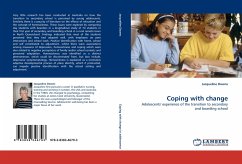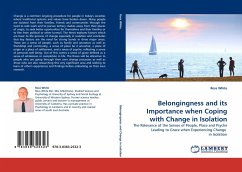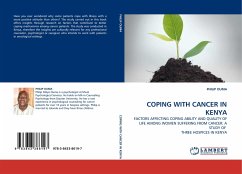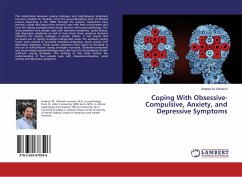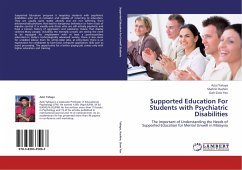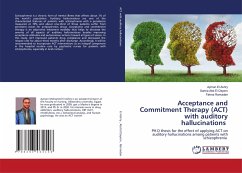Very little research has been conducted in Australia on how the transition to secondary school is perceived by young adolescents. Similarly there is a paucity of literature on the effects of relocation and the concept of homesickness. These issues were explored by comparing day students with boarders in a longitudinal study of 74 students in their first year of secondary and boarding school in a rural remote town in North Queensland. Findings indicated that most of the students perceived that they had adapted well, with emphases on peer interactions and school work. Positive identification with home, school and self contributed to adjustment, whilst there were associations among measures of depression, homesickness and coping which were also related to negative perceptions of family and/or school contexts and perceived adaptation. Homesickness was identified as a distinct phenomenon, which could be discriminated from, but also include, depressive symptomatology. Homesickness is explained as a normative adaptive developmental process of place identity, which if protracted, can impede positive identification with the school setting and adjustment.
Bitte wählen Sie Ihr Anliegen aus.
Rechnungen
Retourenschein anfordern
Bestellstatus
Storno

